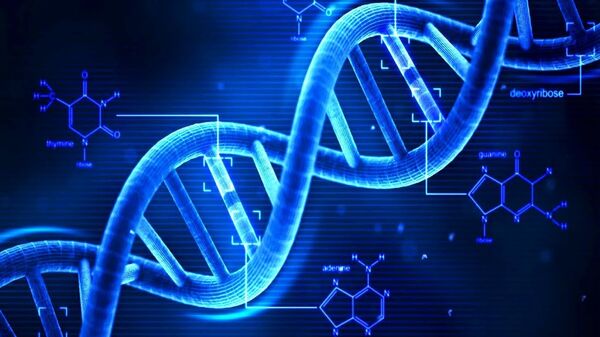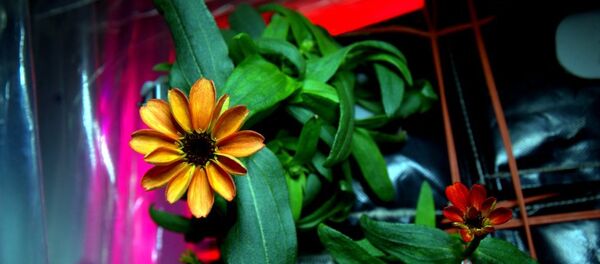CRISPR allows geneticists to edit parts of the genome by cutting, pasting, or altering sections of the DNA sequence, and is considered to be the simplest and most accurate method of genetic manipulation to date.
But it is for the court to decide who owns the foundational intellectual work behind the technique.
In one corner of the dispute are research collaborators Jennifer Doudna, of the University of California, Berkeley, and French microbiologist Emmanuelle Charpentier, of the Max Planck Institute in Berlin. Doudna and Charpentier filed their patent application in May 2012, but in their original key paper on CRISPR they simply disclosed how to use it with simple organisms, such as bacteria.
On the other side of the dispute is Feng Zhang, of the Broad Institute, who filed his patent request several months later after a successful test of CRISPR with eukaryotes, or advanced organisms, including mammals. This step forward opened up broad possibilities for additional uses of the technology, especially in editing human cell DNA.
Lawyers for the University of California countered that there was no indication in any of Doudna's interviews that she or her partner believed that CRISPR would not work in eukaryotic cells.
In future weeks the Alexandria, Virginia, patent court will define what the technology is, and what it is not, as well as making a judgment on whether there are two distinct findings.
UC Berkeley biologist Michael Eisen wrote in his blog that none of the parties should receive patents for CRISPR since, "it is a disservice to science and the public for academic scientists to ever claim intellectual property in their work."






